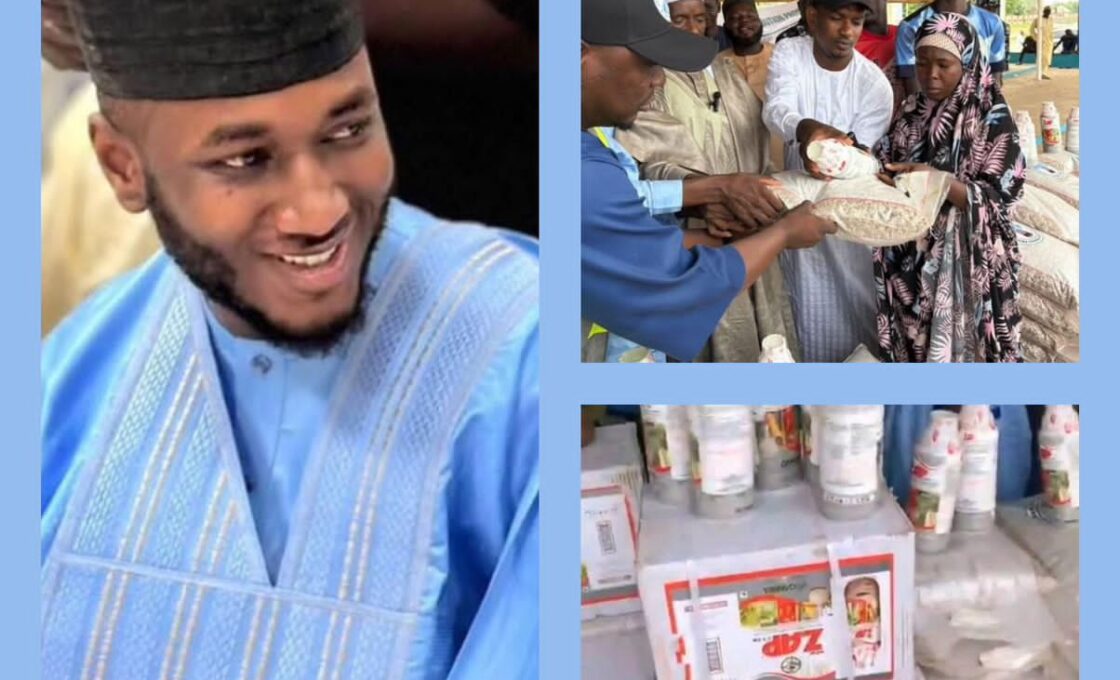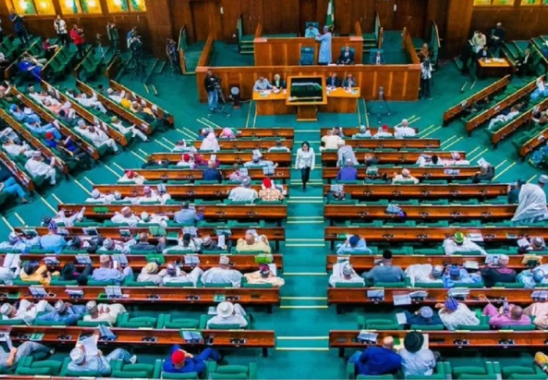
Ribadu Harps On Grassroot Development, Distributes Free Fertilizer To 400 Adamawa Farmers
Promoter of Ribadu Media Centre (RMC),Barrister Ahmad Nuhu Ribadu, has emphasized his commitment to grassroots development. Ribadu, disclosed this on Saturday when he distributed free fertilizer to over 400 farmers in Yola
















